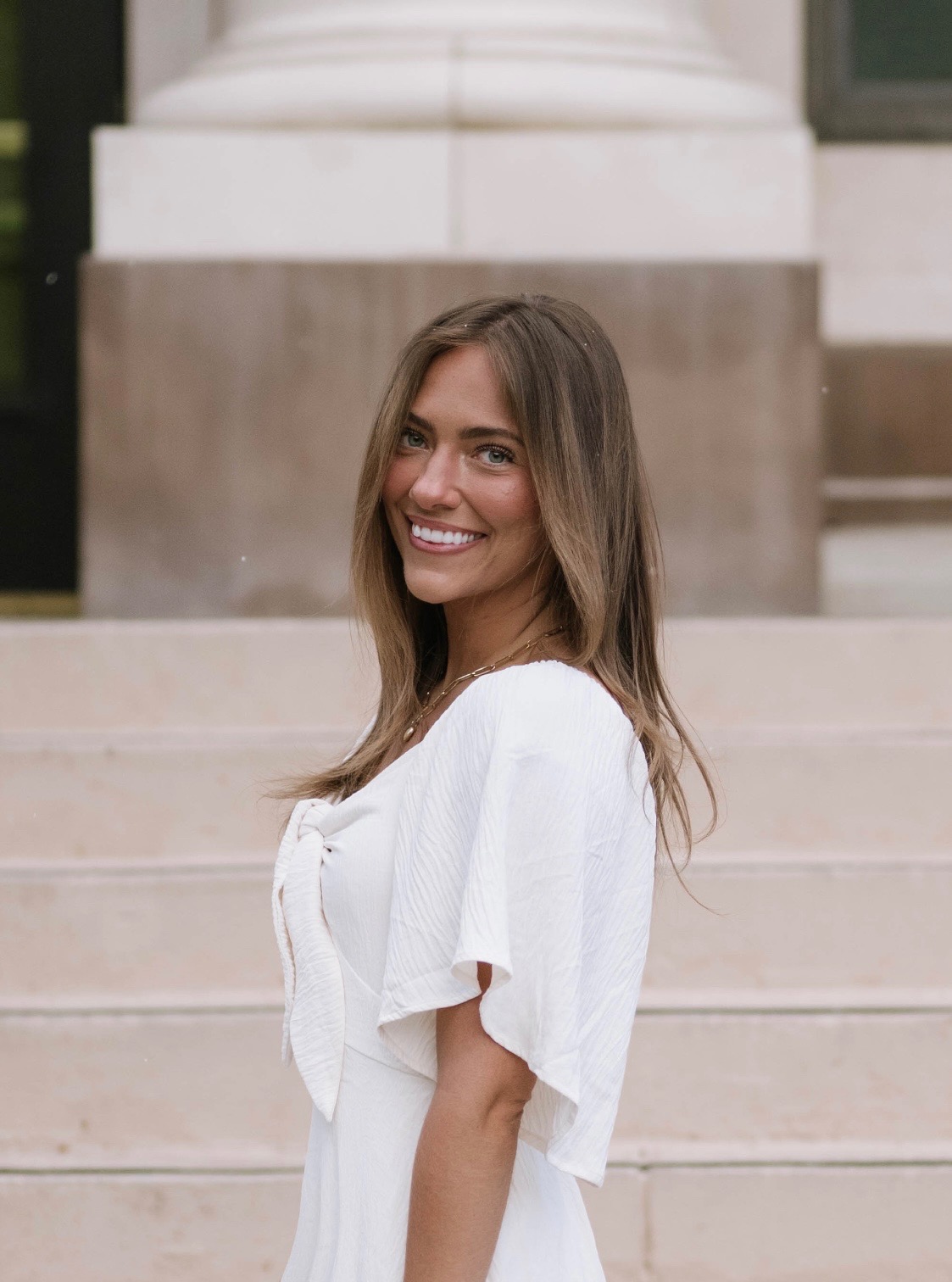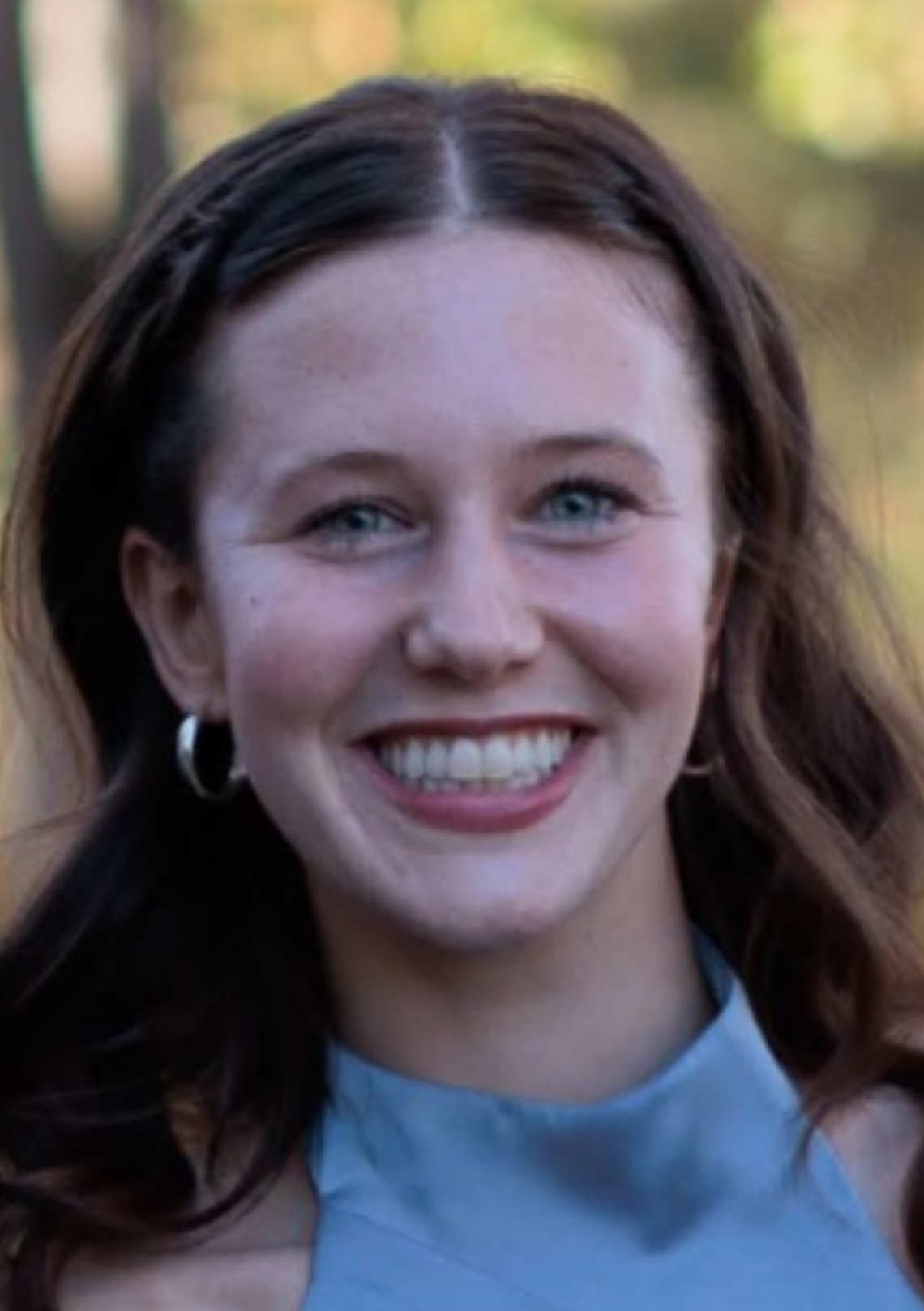Editor-in-Chief Chloe Wellington Hunt hosts a conversation with Lexi Langley, a Grassroots Engagement Director at Americans for Prosperity. A recent Masters in Public Administration graduate of BYU, with an undergraduate degree in Intercultural Peacebuilding from BYU Hawaii, Langley brings a nuanced, dynamic perspective to the realm of civic engagement. Find Lexi on TikTok @lexilangley1
Can you share a little bit about your background? What shaped your interest in politics?
I grew up in Arizona in a pretty religious, conservative town. A lot of my conviction for government and interest in the way systems work has come from a religious place and my views on the founding of our country. From the time I was a little girl, I was always fascinated by the Constitution, protecting it, and what might happen to our world from a religious perspective if we didn’t.
That’s always been the root of my interest in government, but I didn’t become politically engaged or informed until 2020. I was a senior in high school, turning 18, and these issues were becoming relevant to my life. I was also affected by them—graduating high school in 2020 and starting adulthood in the middle of a pandemic.
It all felt meaningful, and I really enjoyed being part of something that mattered. My educational path never really had a set end goal. I knew I’d probably do something with government or social issues—something meaningful. About a year ago, I found myself working in the political space again. I had taken a break during college after realizing how divisive and contentious politics can be.
When I went to college, I took a step back, knowing I’d still probably do something in government, just not necessarily politics. Then, during grad school, I ended up with an internship in the political space and really enjoyed it. That led me back into politics, but with the foundation that we need to avoid polarization and division—something I focused on in my undergrad studies.
Fast forward to now, I work for a nonpartisan nonprofit that helps citizens get involved and connected with their state legislators so they can use their voices and be heard. We also focus on “Reuniting the American Dream,” helping Americans pursue freedom, success, and liberty through policy and civic engagement. Our goal is to empower Americans to achieve the American dream.
It’s technically in the political space, but it’s also really fun, and I love it.
How did your interest in politics ultimately lead you to posting your views on TikTok?
It goes back to the polarization and tribalism issue. People often avoid politics because it feels so divisive and emotional. I think if we can respectfully disagree, especially with those who share our values, that’s where society thrives.
I started posting on TikTok because I decided I wanted to debate Charlie Kirk. Even though we share many values and beliefs, I don’t agree with him 100% on everything. I wanted to show that we can disagree with people in our own party—that we don’t have to blindly agree with someone just because we’re registered the same way.
I posted about wanting to debate him to see what people thought and to get different perspectives. It reached people outside my immediate circle, and the reactions were fascinating. Some were supportive until they found out I held a belief different from theirs—then they’d turn against me. It was interesting to watch how quickly people could shift.
So I kept posting—sometimes things that appealed to one audience, then something controversial for that same group. My goal was to disrupt political tribalism. I’m still figuring out whether and how I want to keep doing that.
Needless to say, people get pretty nasty when others post about politics on TikTok. How have you dealt with these reactions?
I honestly don’t care whether people like or dislike me. I try to be kind, understanding, and compassionate, even toward those who disagree with me. If people don’t respond that way, that’s out of my control. I can only control how I react.
Sometimes I respond to unkind comments to try to be a bridge builder and a peacemaker. It’s hard, but I’ve tried to de-escalate and be kind, even to people who see me as awful for holding certain views.
It’s challenging to navigate because it’s easy to be a conservative activist, and it’s easy to be a liberal activist—but finding a nuanced middle ground is hard. I’m learning what it means to stay true to my values while having productive political conversations.
So you’ve been active on social media for a while now. What trends have you noticed among your followers and perhaps just those who view your content?
I’ve noticed that people like to feel part of something. Certain trigger words, like “pro-life” or others, create buzz. When big events happen, people want to be involved, but their interest fades once the moment passes. Still, I do think people want to be engaged; they just don’t always know how.
Politics can feel overwhelming—there’s so much to learn that it can be paralyzing. You can’t be an expert in every issue, and that’s okay. My advice is to find one topic that matters to you and start there. From that, you’ll naturally learn more.
We also need more conversations about our values. A lot of young people are still figuring out what those are. Think about your values first, then view politics through that lens. If that means realizing you no longer align with a belief you once held, that’s fine. Stay true to your values, not your party. That’s the best way to help our neighbors care about what’s happening.
For Gen Zers who feel so inundated and overwhelmed with political news online that they just disengage, what would be your advice to them?
To Gen Zers who feel apathetic—my biggest advice is to get off social media. I know that’s ironic, but we need more human-to-human interaction. We need to humanize each other, see people in their struggles and successes, and reconnect emotionally.
We’re losing that connection as a society, and that could be our downfall. Connection keeps us human, compassionate, empathetic, and kind. We just need more of it.
What advice would you give to young people still discovering their political views and not sure where they fit in with all the chaos online?
As a final thought—don’t be afraid to ask questions. This is our country, and there’s a quote I love by Emily Seidel: “If we forget, and if future generations forget, what makes America so great, we won’t have the citizenry to protect it.”
We often celebrate the Fourth of July and say we love our free country without really understanding what that means, because we’ve never lived without it. If we’re not careful, we could lose it.
Gen Z grew up in the age of social media, but real impact happens in your community, your state, and your local government. We need real relationships and connections with the people who represent us, because protecting our government and our democracy is up to us.


